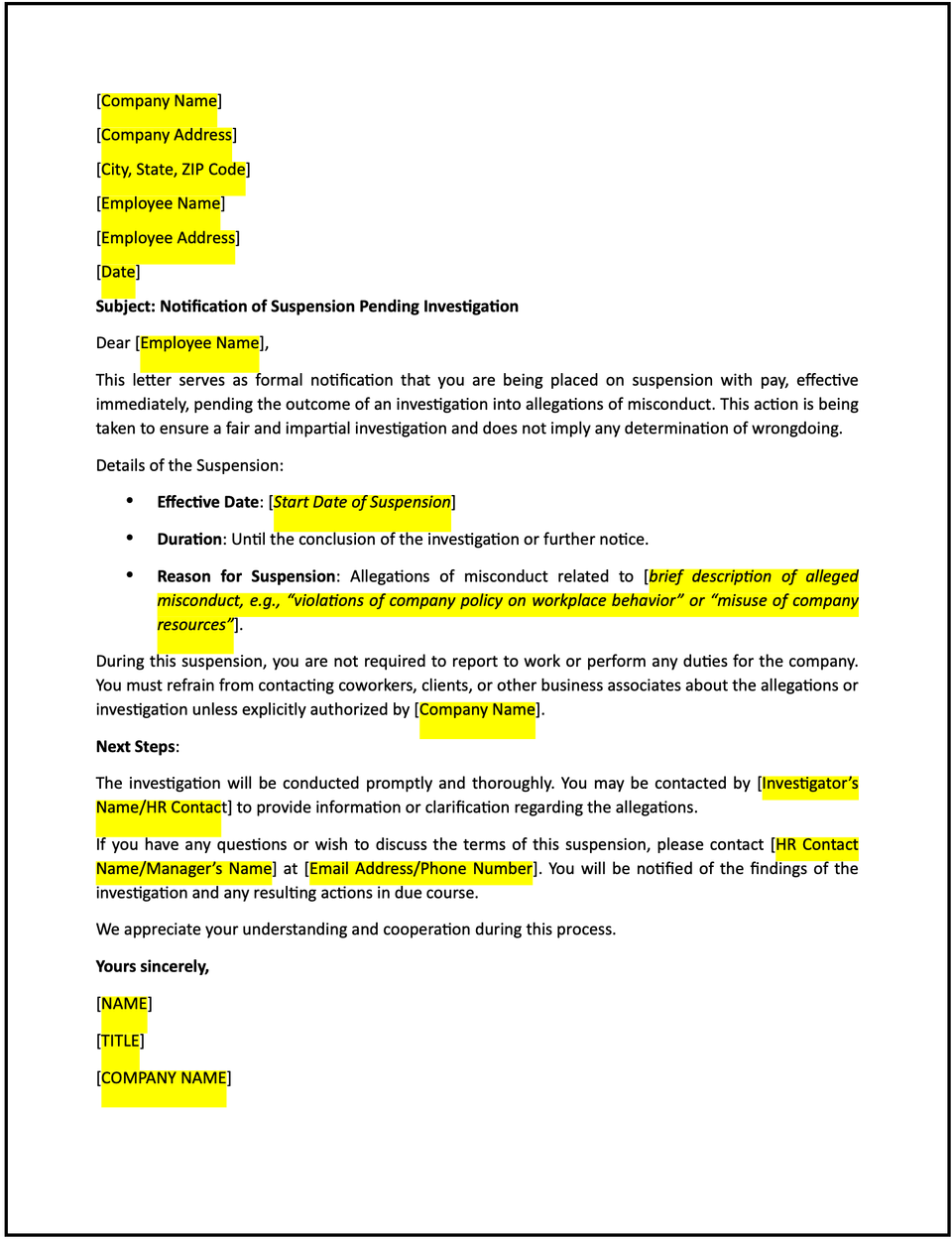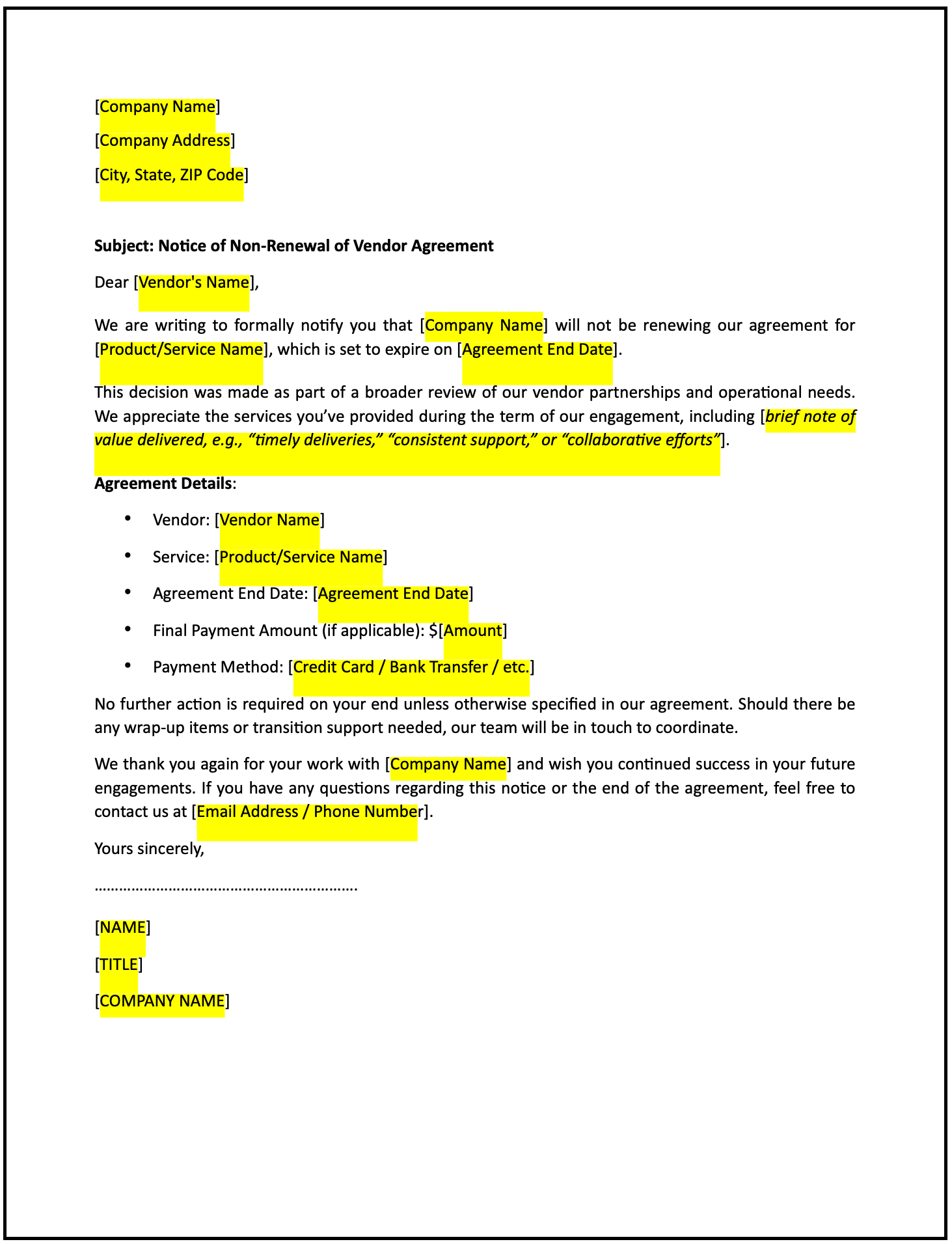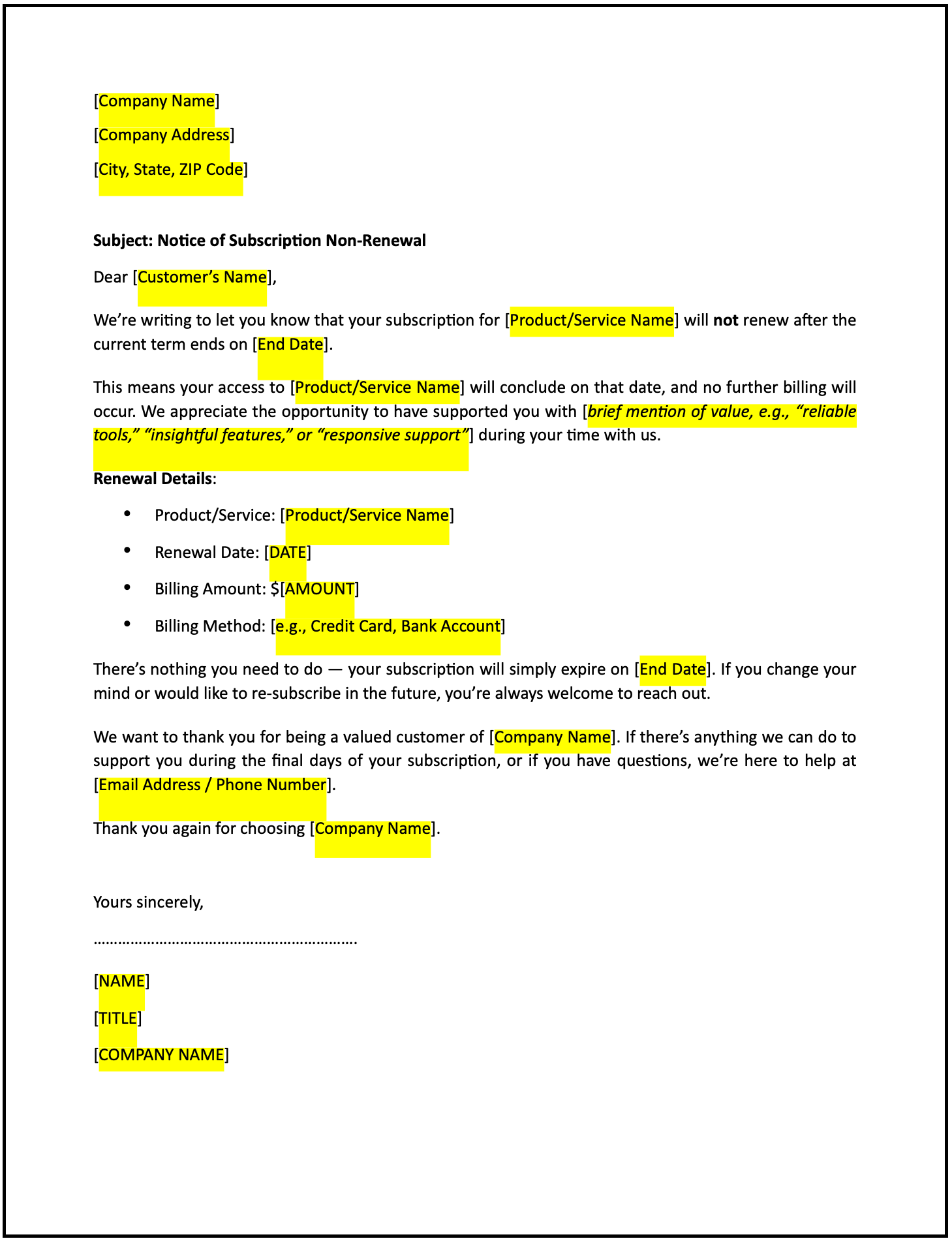Letter of suspension pending investigation of misconduct: Free template

Letter of suspension pending investigation of misconduct
A letter of suspension pending investigation of misconduct is a formal way to inform an employee that they are temporarily relieved of their duties while an investigation is conducted. This letter outlines the reasons for the suspension, its terms, and the next steps in the process, ensuring professionalism and compliance.
How to use this letter of suspension pending investigation of misconduct
- Open with the purpose: Begin by stating that the letter is to inform the employee of their suspension pending an investigation into alleged misconduct.
- Provide context: Briefly describe the allegations or incidents prompting the investigation, ensuring objectivity.
- Specify the suspension details: Clearly outline the terms of the suspension, including its duration, effective date, and whether it is with or without pay.
- Highlight the investigation process: Explain that the suspension is a precautionary measure and does not imply guilt or final judgment.
- State expectations: Clarify the employee’s obligations during the suspension, such as refraining from entering company premises, maintaining confidentiality, and cooperating with the investigation.
- Offer support: Provide resources, such as HR contact details, for questions or assistance during the suspension.
- Maintain a professional tone: Ensure the letter is clear, respectful, and focused on due process.
- Include next steps: Outline what the employee can expect regarding updates or the conclusion of the investigation.
Benefits of using a letter of suspension pending investigation of misconduct
This letter template ensures a structured and professional way to communicate suspensions while fostering transparency and adherence to organizational policies. Here’s how it helps:
- Protects due process: Emphasizing the investigation’s impartiality reassures the employee and promotes fairness.
- Reflects professionalism: A respectful and factual tone reinforces the organization’s credibility.
- Reduces misunderstandings: Clearly outlining the terms and reasons for the suspension minimizes confusion.
- Supports compliance: Adhering to procedural guidelines ensures legal and organizational alignment.
- Provides documentation: A formal record of the suspension is valuable for HR and legal purposes.
Tips for writing an effective letter of suspension pending investigation of misconduct
- Be specific: Clearly describe the allegations or reasons prompting the suspension and the investigation.
- Use professional language: Maintain a respectful and neutral tone to emphasize due process.
- Highlight expectations: Clearly outline the employee’s obligations and restrictions during the suspension.
- Include next steps: Explain what the employee can expect regarding communication and the investigation timeline.
- Keep it concise: Focus on the key points while ensuring the tone is clear and professional.
Frequently asked questions (FAQs)
Q: What details should I include in this letter?
A: Include the allegations, suspension terms (duration and pay status), investigation process, employee obligations, and next steps.
Q: Should I personalize the letter?
A: Yes, addressing the employee directly ensures clarity and demonstrates attentiveness.
Q: Who typically sends this letter?
A: The HR department or the employee’s manager, in collaboration with HR, usually sends this letter.
Q: How formal should this letter be?
A: The tone should be highly professional and neutral, focusing on clarity and due process.
Q: When should this letter be sent?
A: Send the letter promptly after deciding on the suspension and initiating the investigation.
Q: Can this letter include details about potential outcomes?
A: It is best to avoid speculating on outcomes and focus on the investigation process to maintain impartiality.
Q: Is acknowledgment from the recipient required?
A: Yes, requesting acknowledgment ensures the employee understands the terms and expectations of the suspension.
This article contains general legal information and does not contain legal advice. Cobrief is not a law firm or a substitute for an attorney or law firm. The law is complex and changes often. For legal advice, please ask a lawyer.


